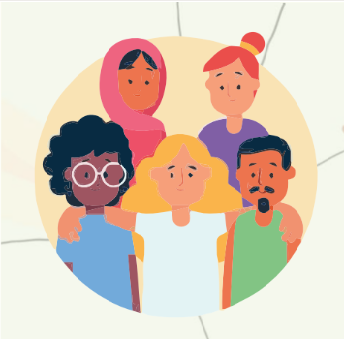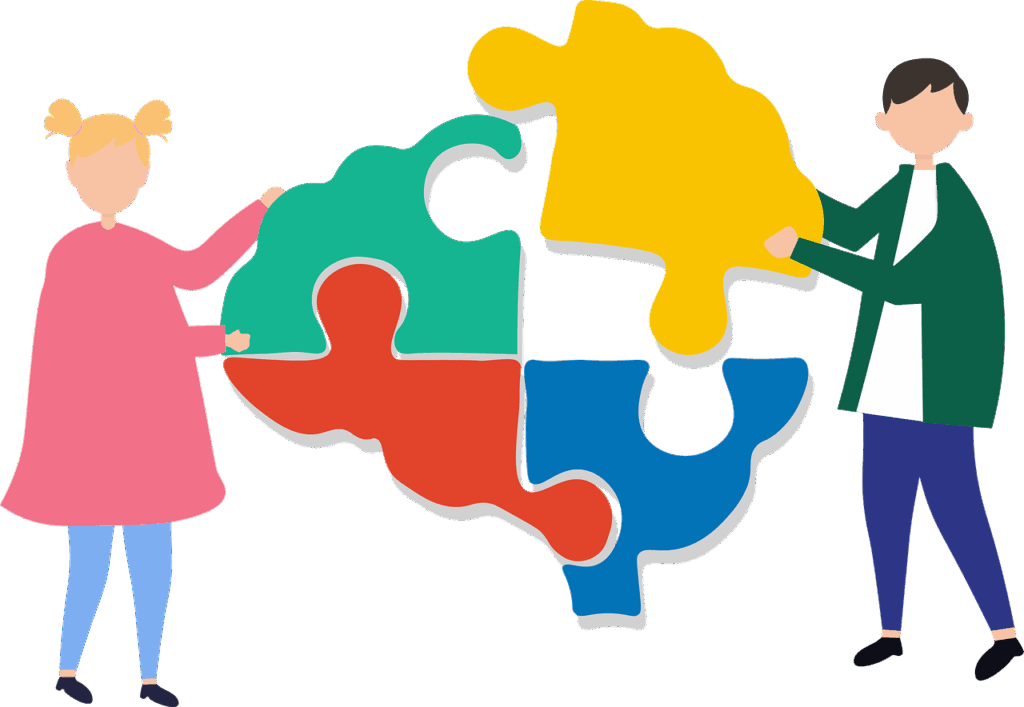Group Therapy
Did you know that healing as part of a group can be more effective than individual therapy?
Getting started
Schedule an appointment at the Counseling Center (425-352-3183 | uwbcc@uw.edu | UW1-080) to learn more about group therapy and how it can help you. Most groups start near the beginning of the quarter, so if a group has already started, ask to be placed on a group interest list for next quarter.
The University of Washington is committed to providing access and accommodation in its services, programs, and activities. To make a request connected to a disability or health condition contact us 10 days in advance at 425-352-3183 or email uwbcc@uw.edu.
2025-2026 Schedule
Fall
- Anxiety Group | Mondays 11:30am-1pm
- Creative Expressions | Tuesdays 11am-12pm
Winter
- Creative Expressions | Tuesdays 11am-12pm
- Anxiety Group | Tuesdays 1:30-3pm
- Dungeons & Dragons | Wednesdays 11am-1pm
Spring
- Creative Expressions | Tuesdays 11am-12pm
- Anxiety Group | Wednesday 1:30-3pm
- Dungeons & Dragons | Thursday 11am-1pm
Summer
Due to limited enrollment, groups are not offered during the summer.
Group Options

Anxiety Group
This interactive skills group is for all students who experience the impacts of anxiety. Learn how to unhook from unhelpful thoughts and feelings so that you can move toward a life that is meaningful to you with Acceptance and Commitment Therapy (ACT) and mindfulness strategies. This group runs fall (Mon 11:30am-12:50pm), winter (Tues 1:30-2:50pm) and spring (Wed 1:30pm-2:50pm) quarters.

Creative Expressions
Use expressive arts to explore and process feelings in an emotionally safe environment with peers. All identities and experiences welcome, no art experience necessary. This group runs fall, winter, and spring quarters on Tuesdays at 11am-12pm.

Dungeons & Dragons
Use role play to build confidence, manage anxiety, and connect with others in a supportive and creative space. This group runs winter (Wed 11am – 1pm) and spring (Thurs 11am – 1pm) quarters.

Build Your Social Confidence
This weekly skills group is for students who want to improve their social skills. You will learn about where social anxiety comes from, how to navigate common social scenarios, and how to reduce the impact of negative thoughts. We start slow and build each week as your confidence increases so that you can create meaningful relationships with friends, coworkers, and romantic partners. This group will be scheduled if there is enough interest.

Understanding Self and Others
This weekly process group is for students who want to increase their understanding of themselves and their relationships by practicing new ways of communicating and having authentic experiences while giving and receiving support. Potential topics include assertive communication, boundaries, difficulty family dynamics, loss, loneliness, and identity concerns. Previous individual therapy experience is preferred. This group runs spring quarter (date and time TBD).

Bridging Cultures
This support group is for students who are living one culture at home and another culture in their daily lives at school, work, and with friends and experiencing cultural clashes with family. Connect with other people with similar experiences as you navigate two worlds. This group will be scheduled if there is enough interest.
Types of groups
Groups typically have 6-8 people, meet weekly for a set amount of time, and are facilitated by a licensed mental health professional.
Skills
Skills groups are experiential opportunities to develop mental health-related skills such as mindfulness and emotional regulation. They are highly structured and often build on past week’s content.
Support
Support groups bring together people with a shared experience (e.g., eating disorders, loss of a loved one) to normalize and validate those experiences to find self-acceptance.
Process
Process groups are unstructured and the focus is on the interactions of group members to increase self-awareness and learn how you relate to others and how others relate to you.
Steps
- Referral (self or clinician)
- Prep for group (if needed)
- When group is the recommended treatment, individual sessions may be used to get you ready for group rather than starting the treatment in an individual setting.
- Meet with group facilitator to learn more about the group
- Attend!
- Group therapy is a commitment, but it can be an extremely powerful experience